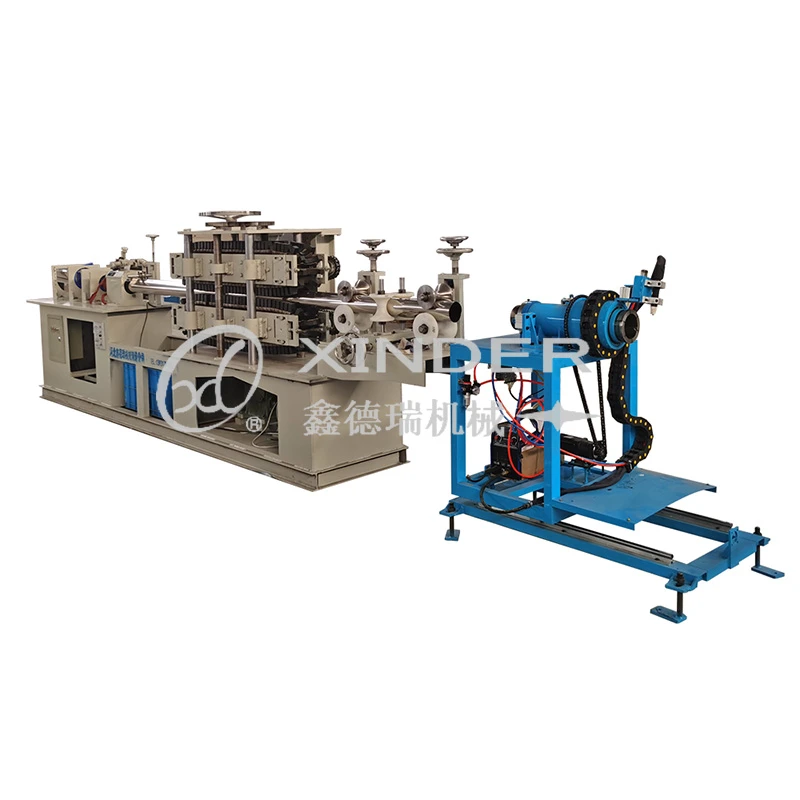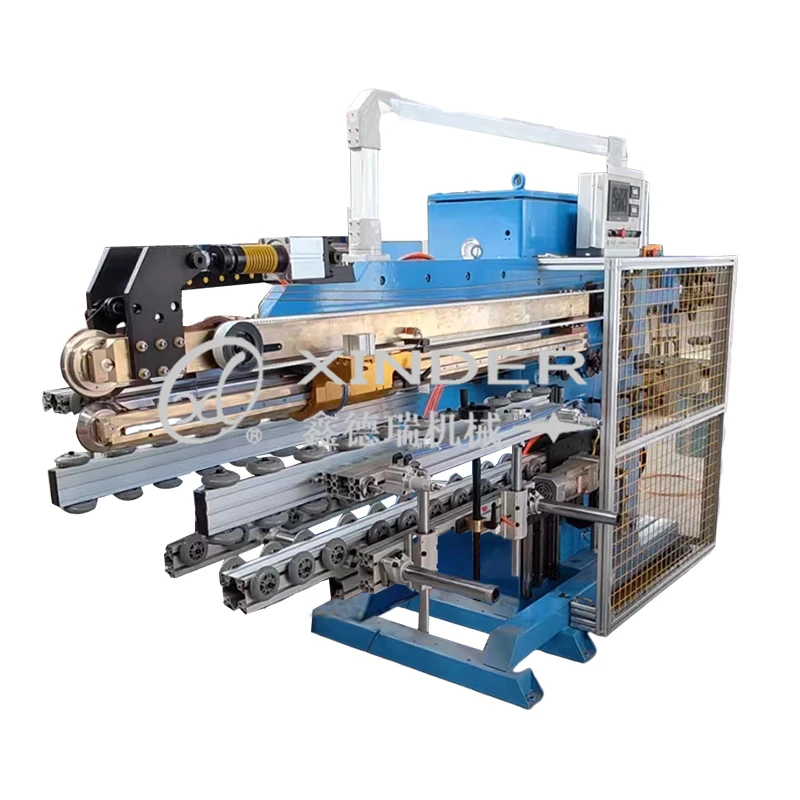-
 8613931787312
8613931787312 -
 Botou Industrial Zone on the east side of National Highway 104, Botou City, Hebei Province
Botou Industrial Zone on the east side of National Highway 104, Botou City, Hebei Province
- Afrikaans
- Albanian
- Amharic
- Arabic
- Armenian
- Azerbaijani
- Basque
- Belarusian
- Bengali
- Bosnian
- Bulgarian
- Catalan
- Cebuano
- Corsican
- Croatian
- Czech
- Danish
- Dutch
- English
- Esperanto
- Estonian
- Finnish
- French
- Frisian
- Galician
- Georgian
- German
- Greek
- Gujarati
- haitian_creole
- hausa
- hawaiian
- Hebrew
- Hindi
- Miao
- Hungarian
- Icelandic
- igbo
- Indonesian
- irish
- Italian
- Japanese
- Javanese
- Kannada
- kazakh
- Khmer
- Rwandese
- Korean
- Kurdish
- Kyrgyz
- Lao
- Latin
- Latvian
- Lithuanian
- Luxembourgish
- Macedonian
- Malgashi
- Malay
- Malayalam
- Maltese
- Maori
- Marathi
- Mongolian
- Myanmar
- Nepali
- Norwegian
- Norwegian
- Occitan
- Pashto
- Persian
- Polish
- Portuguese
- Punjabi
- Romanian
- Russian
- Samoan
- scottish-gaelic
- Serbian
- Sesotho
- Shona
- Sindhi
- Sinhala
- Slovak
- Slovenian
- Somali
- Spanish
- Sundanese
- Swahili
- Swedish
- Tagalog
- Tajik
- Tamil
- Tatar
- Telugu
- Thai
- Turkish
- Turkmen
- Ukrainian
- Urdu
- Uighur
- Uzbek
- Vietnamese
- Welsh
- Bantu
- Yiddish
- Yoruba
- Zulu
High-Precision Auto Welding Machine for Pipe Fast & Durable Solutions
- Introduction to Automated Welding Solutions for Pipe Fabrication
- Technical Advantages of Modern Auto Welding Machines
- Performance Comparison: Leading Auto Welding Machine Manufacturers
- Customized Solutions for Diverse Industrial Applications
- Case Study: Efficiency Gains in Oil & Gas Pipeline Projects
- Integration with Pipe Cutting Systems for End-to-End Workflows
- Future Trends in Auto Pipe Welding Technology

(auto welding machine for pipe)
Revolutionizing Pipe Fabrication with Auto Welding Machines
The auto welding machine for pipe
has become indispensable in industries requiring high-precision jointing of metallic conduits. These systems deliver consistent weld quality across materials like carbon steel, stainless steel, and aluminum, achieving deposition rates up to 18 kg/hr while maintaining ≤0.2mm positional accuracy. Modern iterations integrate vision systems capable of detecting pipe ovality variations up to 1.5% for automatic trajectory correction.
Technical Advantages of Modern Auto Welding Machines
Third-generation models feature dual-wire pulsed MIG configurations that reduce thermal distortion by 40% compared to conventional single-wire systems. Advanced parameter libraries support 87 base material combinations, with real-time monitoring of:
- Arc stability (maintaining 98% ±2% voltage consistency)
- Gas flow regulation (0.5-25 L/min digital control)
- Interpass temperature management (±15°C accuracy)
Performance Comparison: Leading Auto Welding Machine Manufacturers
| Manufacturer | Welding Speed (mm/min) | Material Thickness (mm) | Power Efficiency | Price Range (USD) |
|---|---|---|---|---|
| Company A | 150-1200 | 3-80 | 92% | 45,000-78,000 |
| Company B | 200-950 | 2-60 | 89% | 38,000-65,000 |
| Company C | 180-1100 | 4-100 | 94% | 52,000-82,000 |
Customized Solutions for Diverse Industrial Applications
Specialized configurations address unique operational requirements:
- Offshore Platforms: Salt-resistant models with 360° articulation for confined spaces
- Nuclear Facilities: Remote-controlled variants with 10km operational range
- Food Processing Plants: Electro-polished units meeting 3-A sanitary standards
Case Study: Efficiency Gains in Oil & Gas Pipeline Projects
A 2023 deployment for cross-country X70 steel pipelines demonstrated:
- 37% reduction in weld defects (from 12.4% to 7.8% per kilometer)
- 29% faster completion versus manual welding crews
- $18.50/m saved through optimized wire consumption
Integration with Pipe Cutting Systems for End-to-End Workflows
Combining auto pipe cutting machine with welding units creates synchronized systems that achieve:
- ±0.5° bevel angle precision
- Automatic diameter compensation (DN150-DN1200)
- Seam tracking accuracy within 0.3mm
Auto Pipe Welding Machines: Shaping Industrial Manufacturing
The latest auto pipe welding machine models now incorporate machine learning algorithms that reduce setup time by 65% through historical weld pattern analysis. With the global market projected to reach $4.8 billion by 2028 (6.7% CAGR), these systems are critical for maintaining competitiveness in pressure vessel manufacturing, structural piping, and process plant construction.

(auto welding machine for pipe)
FAQS on auto welding machine for pipe
Q: What are the main applications of an auto welding machine for pipe?
A: Auto welding machines for pipes are used in industries like oil and gas, construction, and manufacturing to ensure precise, high-speed welds on cylindrical or curved surfaces. They reduce human error and improve consistency in pipeline fabrication.
Q: How does an auto pipe welding machine improve efficiency?
A: Auto pipe welding machines automate arc positioning, speed, and heat control, minimizing manual adjustments. This reduces downtime, increases throughput, and ensures uniform weld quality across large-scale projects.
Q: Can auto pipe cutting machines handle different pipe materials?
A: Yes, most auto pipe cutting machines support materials like carbon steel, stainless steel, and alloys. Advanced models adjust cutting parameters automatically based on material thickness and type for clean, burr-free edges.
Q: What maintenance is required for auto pipe welding equipment?
A: Regular maintenance includes cleaning torch nozzles, checking wire feed systems, and calibrating sensors. Lubricating moving parts and updating software ensure optimal performance and longevity.
Q: Are auto pipe welding machines compatible with robotic systems?
A: Many modern auto pipe welding machines integrate with robotic arms for fully automated production lines. They use programmable logic controllers (PLCs) to synchronize welding, cutting, and material handling processes.
-
Understanding Automatic Seam Welding Machines: A Game Changer in Welding TechnologyNewsJul.18,2025
-
Revolutionizing Packaging: The Role of Welding Machines in Steel and Tin Can ManufacturingNewsJul.18,2025
-
Precision in Motion: Exploring Seam Welding Machines for Industrial FabricationNewsJul.18,2025
-
Mastering Precision Bending: A Guide to Tube Benders and Their TypesNewsJul.18,2025
-
Inside the World of Barrel Manufacturing: Machines, Lines, and CostsNewsJul.18,2025
-
Exploring the Technology Behind Elbow Bending Machines in Pipe ManufacturingNewsJul.18,2025
-
Unlocking the Power of Light: Exploring Modern Laser Welding SolutionsNewsJul.15,2025
-
 Pneumatic Handle Welding MachineSep . 13, 2024
Pneumatic Handle Welding MachineSep . 13, 2024 -
 Fully Automatic Kaiping Production LineOct . 17, 2024
Fully Automatic Kaiping Production LineOct . 17, 2024 -
 Fully Automatic Metal Bucket Lifting HeadphonesSep . 14, 2024
Fully Automatic Metal Bucket Lifting HeadphonesSep . 14, 2024

